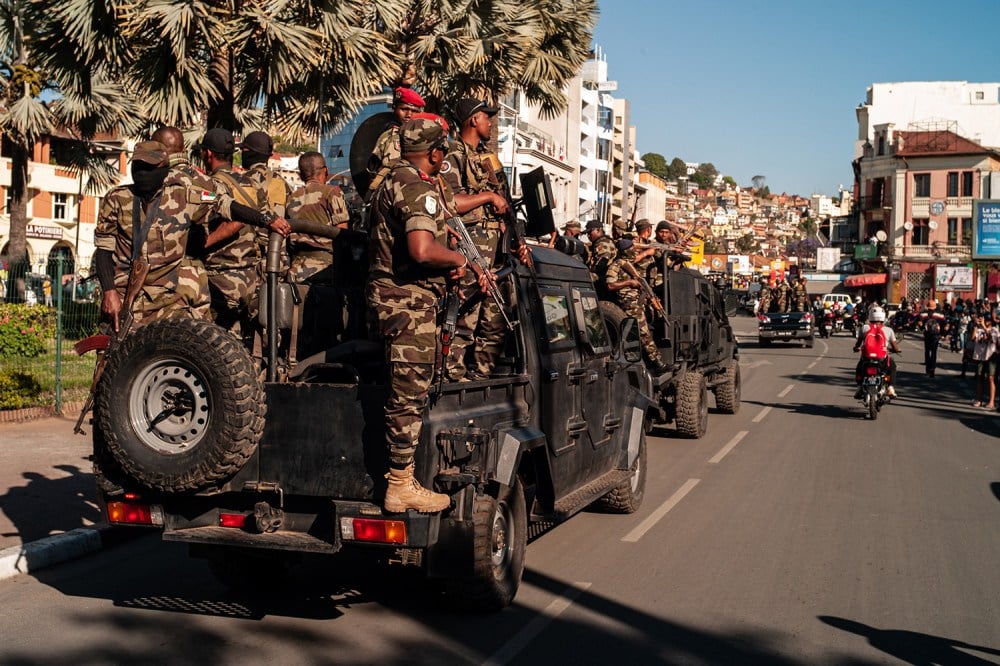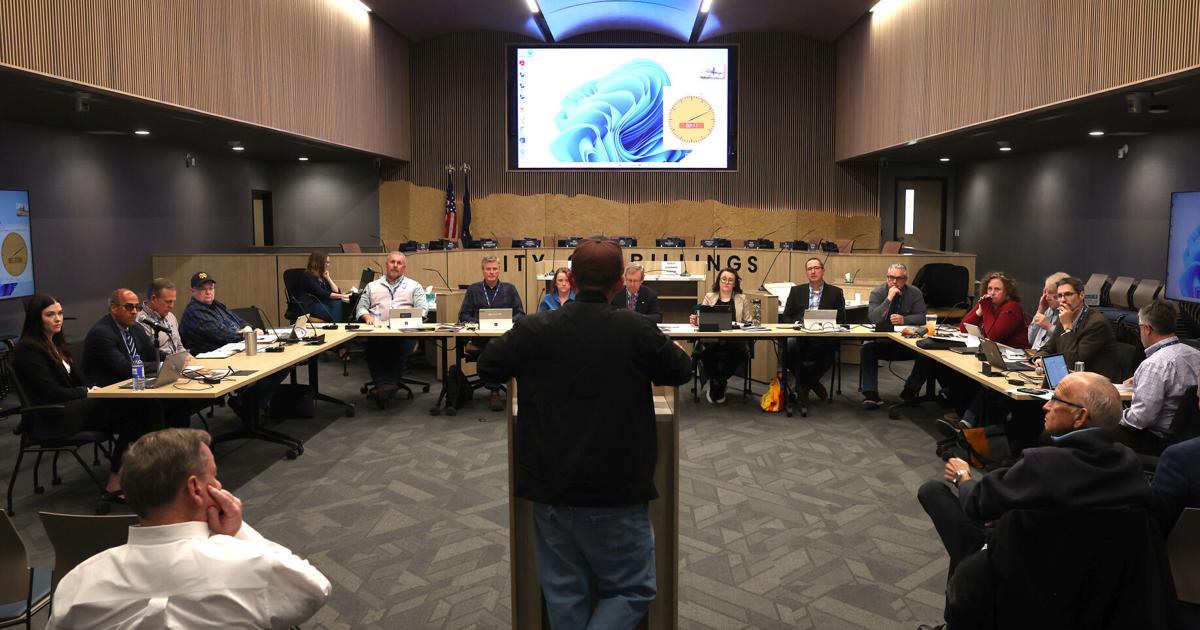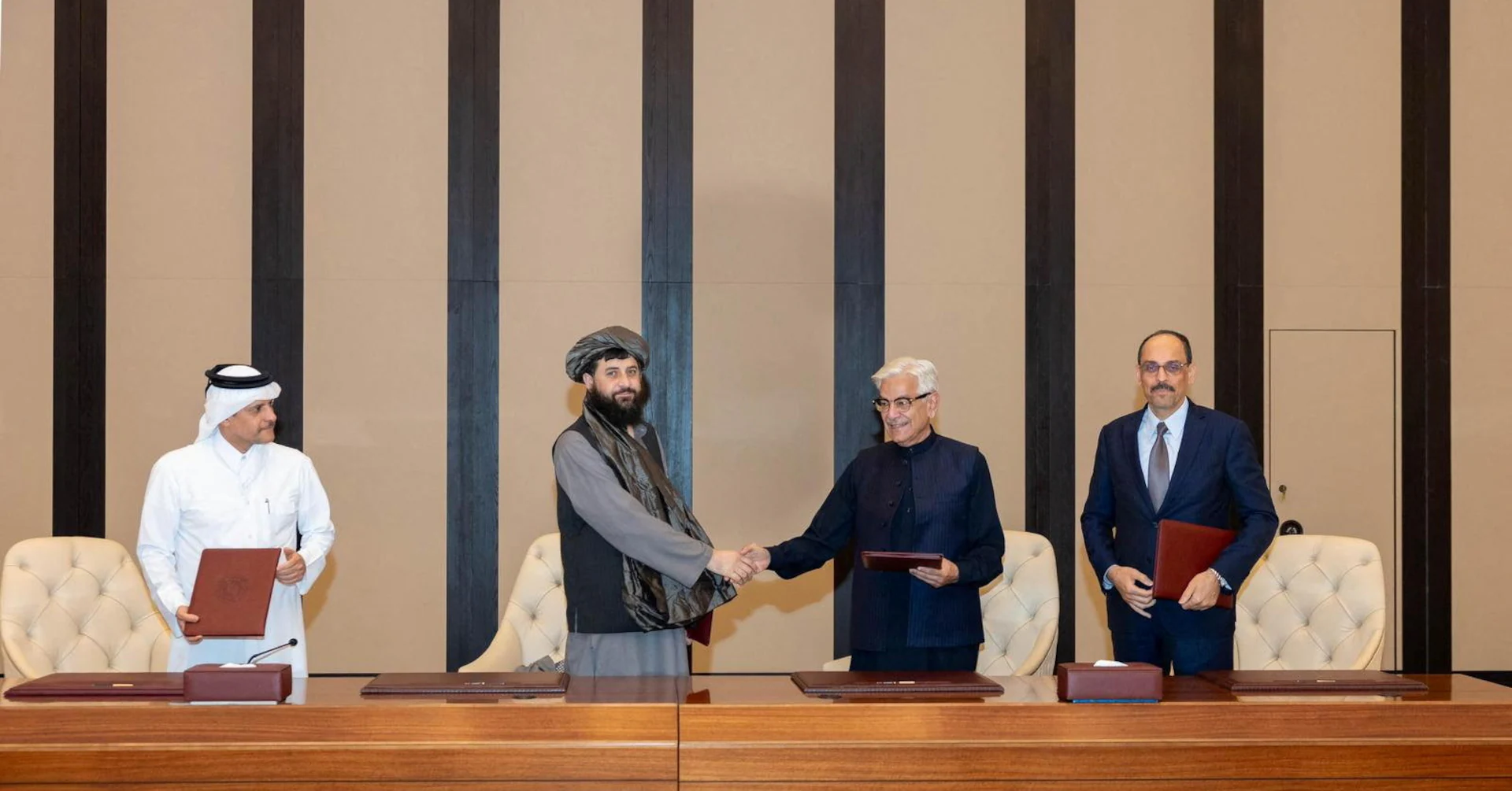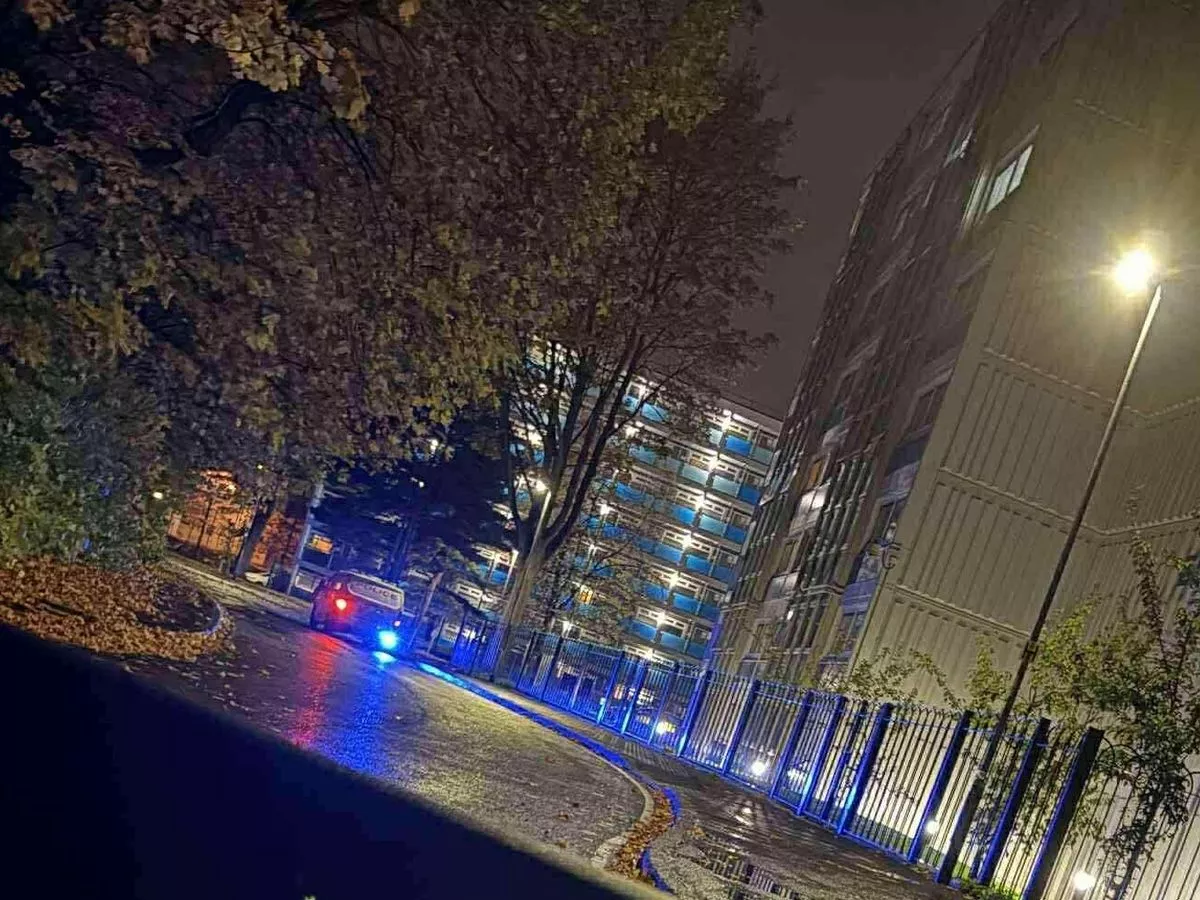Copyright Foreign Policy

After weeks of sustained youth-led demonstrations against President Andry Rajoelina, Madagascar’s elite Capsat military unit defected from the government last month and joined the protesters. Shortly after, Capsat’s commander, Col. Michael Randrianirina, announced that the military had removed Rajoelina from power. Protesters were initially enthusiastic, convinced that their efforts had directly forced change. But the alliance they welcomed brought unforeseen consequences. Malagasy protesters are beginning to confront the reality that the military—once an ally to their cause—now holds the reins of power. What’s more, decisions such as the appointment of Herintsalama Rajaonarivelo—a businessman with ties to the Rajoelina government—as prime minister, made without consulting the movement that filled the streets, signal that the postcoup order may not reflect the demands of the citizens who ignited it. This dynamic is a hallmark of coups that enjoy early public backing, particularly amid broader revolutionary unrest—what commentators often label “coupvolutions.” It also mirrors the recent wave of civilian-cheered military takeovers across parts of Africa. For citizens who mobilized against an unpopular leader and cheered his downfall at the hands of the military, the true test begins after victory: maintaining influence over the postcoup order without being sidelined by military officers consolidating power. Real change in Madagascar and in other countries experiencing coupvolutions will hinge on protesters ensuring that their priorities win the day, not the military’s own agenda. Contrary to the public imagination, which fixates on tanks and fatigues, military coups often enjoy at least some degree of civilian support. This backing is a crucial consideration for would-be plotters: Even the most coup-eager officers must assess whether some segments of society will endorse, tolerate, or resist a seizure of power. Sometimes, civilians light the fuse themselves, openly urging the military to step in against an unpopular leader. One infamous example is Egypt’s 2013 Tamarod movement, which mobilized millions of citizens to demand President Mohamed Morsi’s resignation and explicitly called on the military to act. The mass pressure generated by these protests created a political opening that the armed forces used to justify their takeover. Political scientist Timur Kuran’s work on revolutionary movements offers a useful lens for understanding these dynamics. Kuran argues that citizens often conceal their true opposition and will publicly profess support for the regime. This “preference falsification” conceals the depth of grievances, making a government appear more stable than it really is. Once some individuals begin expressing their discontent, however, others with similar views are often quick to follow, creating the conditions for rapid mobilization. For example, during the 2010-11 Arab Spring, the long-standing autocracies of Egypt’s Hosni Mubarak and Tunisia’s Zine el-Abidine Ben Ali quickly unraveled once citizens began openly expressing hidden discontent. Coup plotters face a similar uncertainty. They rarely know how the public, other soldiers, or the international community will react to a coup. Protests reveal information about mass preferences to the armed forces just as they do to other dissidents. Even short of an explicit demand for the military’s intervention, overt signs of discontent such as protests—and especially protests centered in the capital city—have been strongly linked to coup attempts. Additional evidence suggests that coups attempted under these conditions are significantly more likely to succeed. Often, these successful power grabs are met with applause and support in the streets, as in Madagascar. One need not look further than the wave of military coups spreading across West and Central Africa for similar cases. Commentaries have repeatedly pointed to the scenes of jubilation that followed recent coups in Mali, Guinea, and Niger—crowds waving flags, praising soldiers, and denouncing international condemnation. Regardless of if support emerges before or after the fact, it usually hands coup leaders exactly what they need most: the appearance of legitimacy. But the veneer of legitimacy often fades as soon as the dust settles. Many coups, after all, are staged not to advance revolutionary demands but to contain them. There is no shortage of examples where military officers first align with civilians to oust a leader, only to sideline those same allies once in power, exclude them from decision-making, or, worse, turn the machinery of repression against them. Egypt’s Tamarod movement quickly learned this reality after Field Marshal Abdel Fattah al-Sisi consolidated his authority and jailed many of the activists who had justified his seizure of power, including one of the movement’s co-founders. A similar dynamic unfolded in Sudan after the military ousted longtime ruler Omar al-Bashir during the 2019 revolution. Within weeks, the same security forces that had sided with protesters turned their guns on them as civilians pressed for a meaningful role in the transition. The uneasy power-sharing arrangement that followed was short-lived: In 2021, the Sudanese Armed Forces and the powerful Rapid Support Forces jointly staged another coup to consolidate their power. By 2023, their own fragile alliance collapsed into what has become one of the deadliest civil wars in recent memory, illustrating how quickly revolutionary hopes can be hijacked when civilians lose control of postcoup politics. In Madagascar, disillusionment is already taking hold. Instead of following the constitutional requirement for an election to occur within 60 days of a presidential vacancy, Randrianirina has taken the presidency for himself and announced a much longer transition window of 18-24 months. This is a familiar pattern seen in Africa’s recent putsches, where coup leaders have shown little appetite for stepping aside. Equally alarming for protest movement leaders is the appointment of Rajaonarivelo, made without any consultation from the citizens who had filled the streets. Randrianirina defended Rajaonarivelo’s appointment as a pragmatic choice, pointing to his government experience and international ties. But for the leaders of the protest movement, the move—and the lack of consultation behind it—signals that the military is already veering away from their revolution’s aims and imposing its own will. Of course, civilians aren’t powerless once officers take charge. Evidence from coups around the world shows that protesters in Madagascar and other coup-inflicted countries still have leverage. The same public discontent that brought the military out of the barracks can be harnessed to drive it back in. Economist Daniel Sutter once likened coup leaders’ efforts to govern in the absence of a receptive public to “seizing the bridge of a ship whose engines are inoperable.” This was dramatically illustrated in Burkina Faso’s 2015 coup attempt, when popular resistance caused a coup by the Presidential Security Regiment to collapse. Similar situations played out in notorious episodes such as in Venezuela in 2002 and the Soviet Union in 1991. Even after Sudan’s 2021 coup, waves of sustained protests derailed the coup leaders’ efforts to properly normalize their rule and forced them back to the negotiation table before civil war erupted. Such outcomes are far from rare. Efforts to systematically investigate these dynamics find strong evidence that postcoup protests reduce the length of time that the armed forces remain in power. This research also finds that the military is most likely to exit when domestic resistance coincides with a strong response from the international community. That leaves two key lessons both for those on the ground in Madagascar and other coup-stricken places and for the wider world watching. First, citizens should maintain an organized and united front, coordinating their demands and public actions to prevent the military from exploiting divisions. This can also serve as a bulwark against any claims of popular support that military leaders might use to justify continued rule. Second, the international community should take cues from those in the streets and match their resolve with coordinated pressure. Aligning diplomatic, political, and economic pressure with the demands of protesters can make it quite costly for the military to ignore civilian voices. In the end, yes, armies can take the reins of power—but the people can decide whether they keep them.



